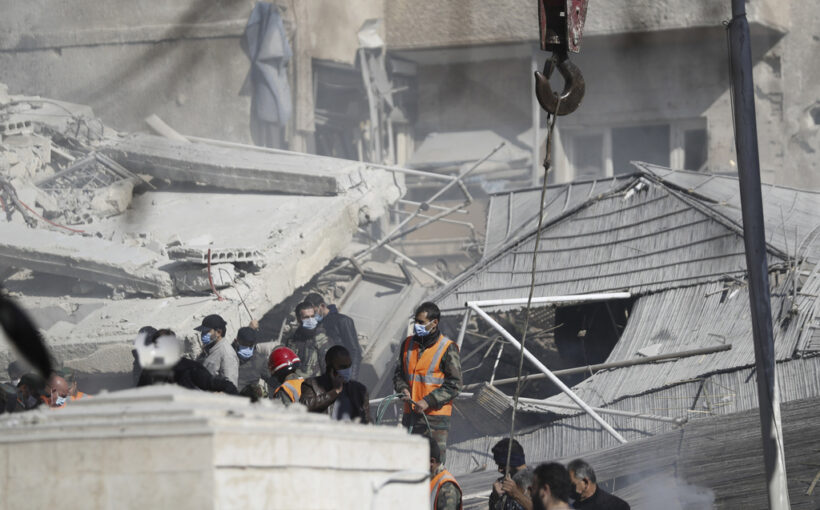Rebel forces in Syria have seized control of significant territories, marking the most substantial challenge to President Bashar al-Assad’s regime in years.
In the southern region of Deraa, rebels now control over 90% of the area, according to the UK-based Syrian Observatory for Human Rights (SOHR).
This region, the birthplace of the 2011 uprising, holds symbolic importance and is strategically located near Jordan’s border crossings.
Reports suggest a deal has been struck for government forces to withdraw, allowing military officials safe passage to Damascus, approximately 100km away. However, the BBC has not independently verified these claims.
In northern Syria, Islamist-led rebels have reached the outskirts of Homs, Syria’s third-largest city, following their capture of Aleppo and Hama in recent weeks. Hayat Tahrir al-Sham (HTS), led by Abu Mohammed al-Jawlani, spearheads the offensive. Video footage shows terrified residents of Homs, including many from Assad’s Alawite minority, fleeing in droves.
HTS fighters claim to have “liberated” villages on the city’s outskirts, while SOHR reports that Russian warplanes bombed nearby infrastructure to slow their advance. Despite government denials of a troop withdrawal, analysts question whether Assad’s forces can defend Homs, a critical link between Damascus and the regime’s coastal stronghold.
The United Nations estimates that at least 370,000 people have been displaced in the north due to intensified fighting, with over 820 casualties, including 111 civilians, reported in the past week alone. Civilians remain trapped in front-line areas, unable to access safety or aid.
In Aleppo, public services and infrastructure are severely disrupted, with hospitals, bakeries, and power facilities struggling to function amid shortages. UN Secretary-General Antonio Guterres has urged international powers to intervene to end the civil war.
Assad’s forces, plagued by low morale and internal corruption, are under increasing strain despite a recent 50% pay rise announced by the regime. Iran and Russia, Assad’s key allies, have expressed continued support but are grappling with their own constraints.
The Kremlin, preoccupied with its war in Ukraine, has advised Russian nationals to leave Syria. Iran’s influence has been diminished by Israeli attacks on Hezbollah, which had been crucial in defending Assad-held territories.
Turkey, which backs some rebel factions, has voiced support for the offensive, with President Recep Tayyip Erdogan pushing Assad to negotiate with the opposition. Analysts believe Ankara played a pivotal role in facilitating the rebels’ recent gains.
HTS leader Abu Mohammed al-Jawlani has sought to project a moderate image, distancing himself from Islamic State and Al Qaeda.
In recent interviews, he emphasised a nationalist agenda and pledged to protect minority communities, seeking to win domestic and international support for the rebel cause.
The post Rebels Gain Ground in Syria as Civil War Intensifies appeared first on Arise News.


